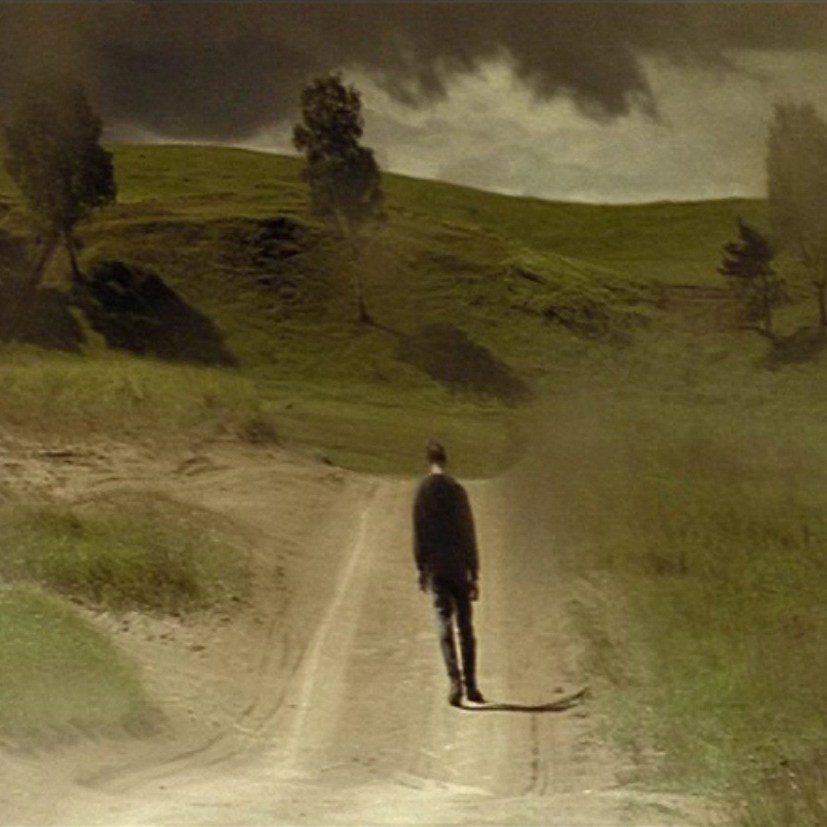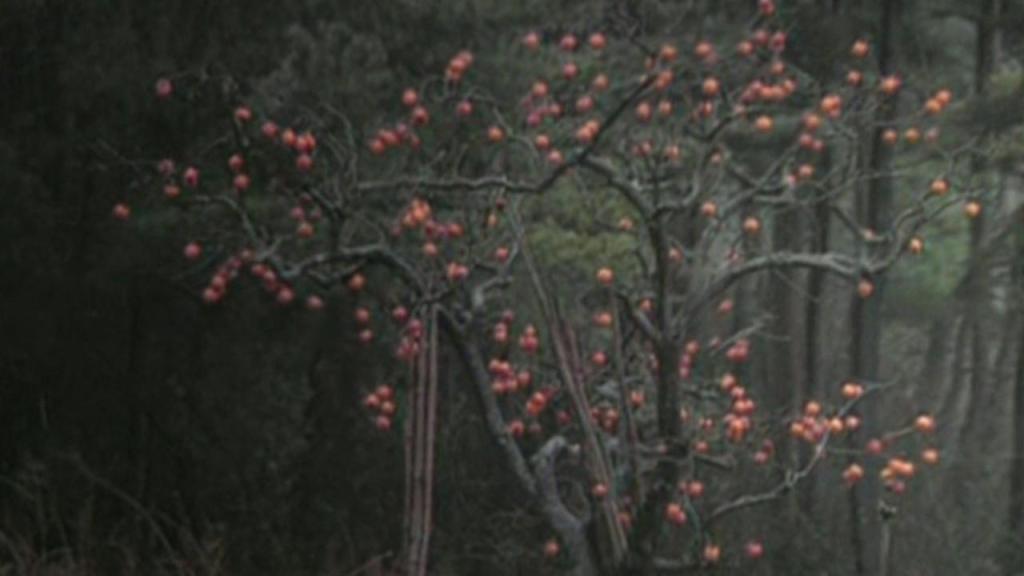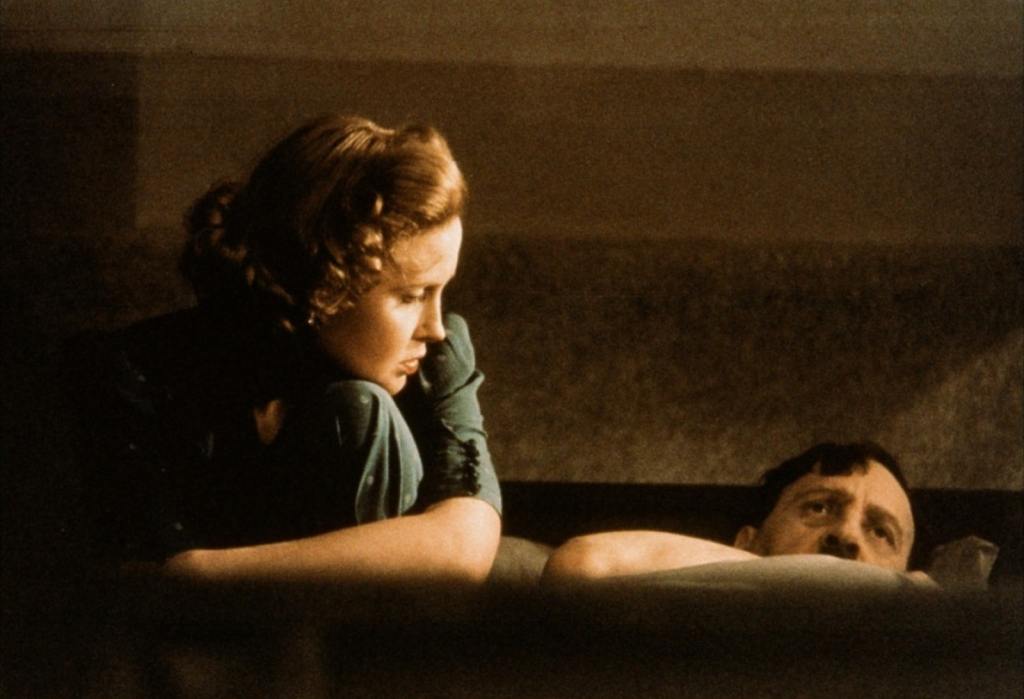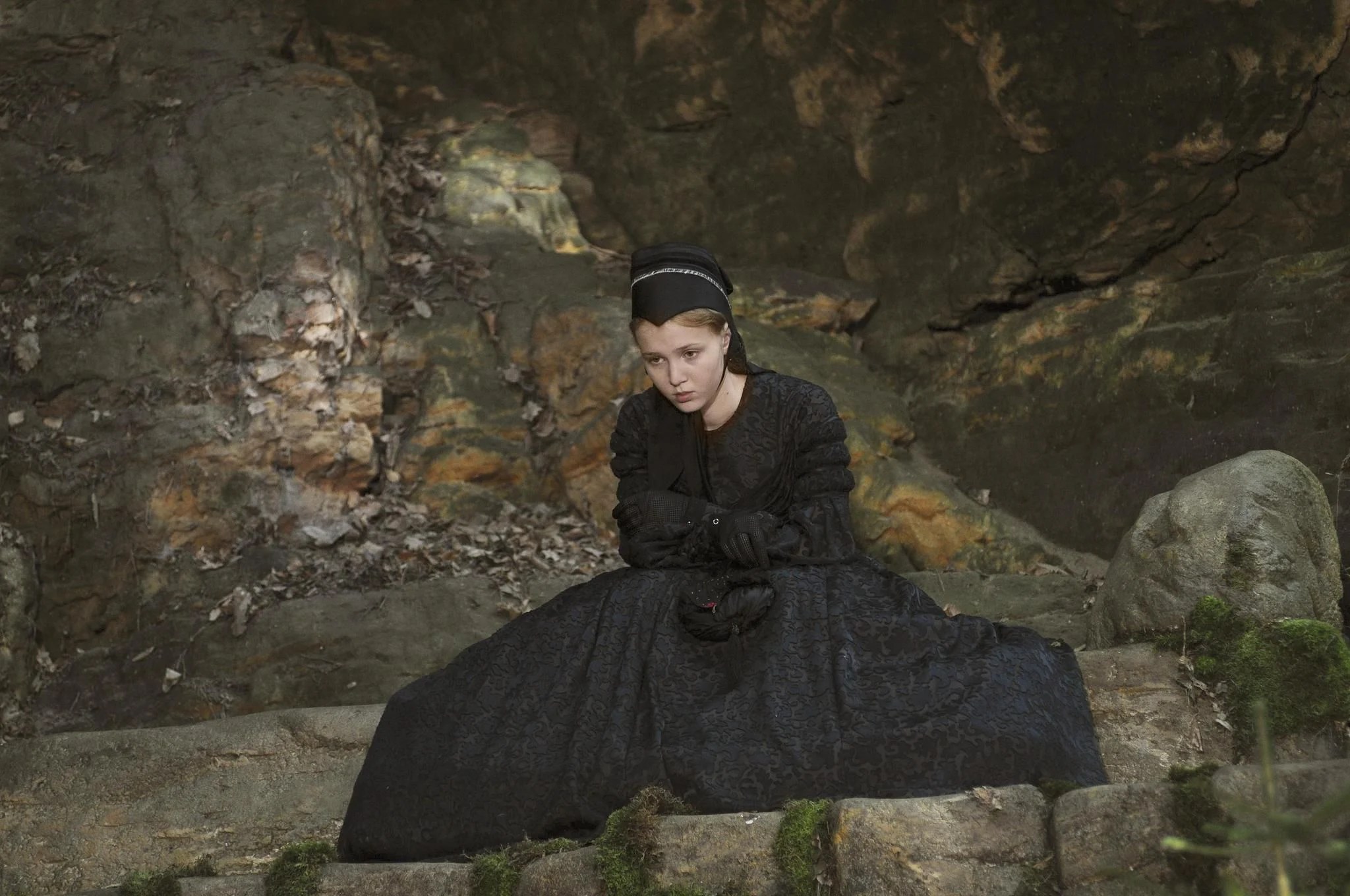Aleksandr Sokurov, a renowned Russian filmmaker, has left a significant mark on international cinema with his philosophically intense and visually arresting works. He gained global acclaim with his 2002 film, Russian Ark, a technical masterpiece filmed in a single continuous shot, making it a noteworthy entry in the annals of cinema.
Sokurov’s journey into filmmaking began with his education at the prestigious Gerasimov Institute of Cinematography in Moscow. His early works were often frowned upon by the Soviet authorities due to their unconventional form and content. A recurring theme in Sokurov’s cinema is the exploration of human suffering and the Russian soul, often depicted in a contemplative, introspective, and philosophical style. Films like Mother and Son reflect these themes, delving into deep, emotional narratives that resonate profoundly with the human condition.
In terms of approach, Sokurov stands apart for his unique method of storytelling. He often focuses on individual characters and their internal struggle, critically examining historical figures and power, as seen in his tetralogy of power that includes Moloch, Taurus, The Sun, and Faust. His films are not necessarily plot-driven but thrive on the atmosphere, capturing life’s ethereal and transient nature.
Russian History and Humanity
Sokurov’s works are visually unmistakable, often possessing a dreamlike, sometimes eerie, quality. His films are characterised by long takes, distorted lenses, and atmospheric sound design, all contributing to a disorienting and contemplative aesthetic. This unique style is well demonstrated in Russian Ark, with its impressive 96-minute single shot through the Hermitage Museum, creating an immersive and surreal experience for the audience.
While Sokurov may not be a household name for the average moviegoer, his influence is strongly felt among many art-house filmmakers. His philosophical themes and experimental visual style have inspired directors who seek to push the boundaries of the medium. While his films may require patience and contemplation, they offer a rewarding viewing experience and continue to be celebrated in film festivals and cinematic discussions worldwide, affirming his lasting impact on filmmaking.

Aleksandr Sokurov (1951 –)
Calculated Films:
- The Lonely Voice of Man (1987)
- Days of Eclipse (1988)
- Mother and Son (1997)
- Russian Ark (2002)
Similar Filmmakers



Aleksandr Sokurov’s Top 10 Films Ranked
1. Mother and Son (1997)
Genre: Slow Cinema, Drama, Family Drama

2. Russian Ark (2002)
Genre: Period Drama, Low Fantasy, Magical Realism

3. Elegy of a Voyage (2001)
Genre: Essay Film

4. The Sun (2005)
Genre: Period Drama, Biographical

5. Days of Eclipse (1988)
Genre: Drama

6. The Second Circle (1990)
Genre: Psychological Drama, Slow Cinema

7. The Lonely Voice of a Man (1987)
Genre: Drama

8. Faust (2011)
Genre: Drama, Tragedy, Low Fantasy

9. Moloch (1999)
Genre: Period Drama, Biographical, Psychological Drama

10. Taurus (2001)
Genre: Biographical, Psychological Drama

Aleksandr Sokurov: Fading Memories, Lingering Shadows
Born in the heartland of Siberia, Podorvikha, in 1951, Aleksandr Nikolaevich Sokurov grew up in a Russia torn between post-war reconstruction, purges and the Khrushchev Thaw. The cultural milieu of his early days, in which silences spoke as loudly as words, played a defining role in shaping the filmmaker’s sensibilities. He wasn’t merely a child of his time but a nascent observer of its intricacies, which would later unfurl themselves in his films.
As with many filmmakers, Sokurov’s educational path wasn’t a linear journey towards cinema. He first studied history at Gorky University, a subject that would leave an indelible mark on his oeuvre. If we were to play the over-analysing cinephile for a moment, we might see this academic foray as the root of his profound exploration of time, memory, and history in his films. It wasn’t until the mid-1970s that he formally dived into cinema by attending the prestigious Gerasimov Institute of Cinematography (VGIK) in Moscow.
Soviet-era Russia was not an amiable host for unconventional voices, and its film industry did not embrace Sokurov. His early works, often a blend of bold narrative choices and a sombre palette, ran afoul of state censorship. The bureaucracy found Sokurov’s artistic vision to be discordant with the ideals of socialist realism, leading to many of his early films being shelved or restricted. Yet, like Tarkovsky before him, Sokurov’s spirit wasn’t easily dampened. Amid the stifling atmosphere, he often revisited and reworked shelved projects, developing an intimate and personal approach to cinema.
The Early Stages
The late ’70s and early ’80s produced some of Sokurov’s first major works. The Lonely Voice of Man, a film that lingered in production for almost a decade due to censorship issues, is a melancholic journey through time. Weaving documentary footage with surreal, dreamlike sequences, Sokurov blurs the line between reality and imagination.
Mournful Unconcern showcases Sokurov’s ability to extract the grand from the mundane, intertwining snippets of life during World War I with reflections on love and separation. The film’s audacious mise-en-scène, a blend of theatre and film, recalls the works of legendary German playwright Bertolt Brecht, urging the audience to continually question the nature of reality and fiction.
1988’s Days of Eclipse marked a significant departure from Sokurov’s style, reminiscent of the speculative tones in Andrei Tarkovsky’s Stalker. Set in a post-apocalyptic Turkmenistan, the film masterfully integrates motifs of existentialism and decay. It’s as if Sokurov is responding to the societal transformations of Perestroika, reflecting on the ephemerality of existence and culture. More than any other, this film might serve as a mirror of the chaos and hope of the late Soviet era.
As the Soviet Union disintegrated and a new Russia emerged from its ashes, Sokurov’s storytelling also underwent a transformation. 1997’s Mother and Son would become his first major international hit and start his rise to the world stage. At its heart, the movie is simple – a day in the life of a dying mother and her son. Yet, its execution, soaked in hauntingly beautiful visuals and minimal dialogue, evokes a deep sense of melancholy.
Tetralogy of Power
One of Sokurov’s most ambitious projects, a tetralogy on the corrupting influence of power, masterfully brings together diverse historical figures and their tragic arcs. This series delves deep into the psyche of its subjects, deconstructing the seductive allure of power and its ability to transform and deform the human spirit.
- Moloch (1999) presents an intimate portrayal of Adolf Hitler and Eva Braun during a retreat. Amidst the bucolic serenity of the Bavarian Alps, the film uncovers the chilling banality of evil.
- Taurus (2001) provides a sombre view into the last days of Lenin, unmasking the frailties of a man who was once a demigod in the Soviet pantheon. The film strips away the monumental to reveal the minutiae of life.
- The Sun” (2005) delves into the life of Emperor Hirohito during the waning days of World War II. The film’s contemplative pacing and almost Zen-like simplicity serve as a counterpoint to the frenzied world outside.
- Faust (2011) is perhaps the most intriguing of the quartet. Rooted in Goethe’s tragic play, Sokurov’s adaptation becomes a commentary on the insatiable human quest for knowledge and power.
If there ever was a cinematic tour de force that solidified Sokurov’s position amongst the pantheon of great directors, it was the 2002 film Russian Ark. A mesmerising journey through 300 years of Russian history, captured in a single, uninterrupted Steadicam shot. The film is not just a technical marvel but also a rich tapestry of Russian art, culture, and politics. Each frame reminds one of the flowing, unending river of time – an ode to Russia’s grand past and an intimation of its future.
Other Offerings
Though less renowned than his feature films, Sokurov’s documentaries deserve mention. From his exploration of Japanese culture in Dolce to his poignant tribute to fellow filmmaker Andrei Tarkovsky in Elegy of a Voyage, Sokurov uses the documentary form not just to inform but to introspect. His films neither chronicle facts nor offer judgments; they are meditative reflections on their subjects.
Post-Soviet cinema has received few flowers internationally, but what credit it is given is often granted to Sokurov. Over the years, he’s been recognised by film festivals and critics worldwide, earning a Golden Lion at the Venice Film Festival for Faust and multiple awards for Russian Ark. However, his legacy isn’t just the awards or films themselves. Sokurov has bequeathed to the world of cinema a unique lens – a deeply introspective, sometimes melancholic, always thoughtful perspective on humanity.
In a world of fast-paced cuts and blockbuster spectacles, Sokurov’s cinema is a gentle reminder of film’s potential as an art form – its ability to probe, question, and reflect. Even today, he remains a fierce force of nature whose works are as unbending as the man himself.
Most Underrated Film
For directors solidly in the arthouse world like Sokurov, it’s hard to use terms like underrated. I mean, have enough people seen Russian Ark to rate it? No. But it’s also highly regarded, so to those who have watched it, it is highly rated. Perhaps the least seen, best, Sokurov film is the third part of his tetralogy of power: The Sun. Delving into the psyche of Emperor Hirohito during the last days of World War II, the film captures the frailty and vulnerabilities of a man who once stood as a divine figure in Japanese lore.
The intimate settings, subdued colour palette, and careful attention to detail, from the claustrophobic interiors of Hirohito’s bunker to the meticulous portrayal of his daily routines, transport the viewer to a world where time seems suspended. All of this is grounded by an impressive performance by Issei Ogata as Hirohito.
So what’s not to like? Well, I guess its choice to focus on the mundane routines of the emperor might turn off those looking for more dramatic insights. Similarly, it, like most Sokurov films, isn’t too dynamic. But, if you like Sokurov’s other works, these shouldn’t be an issue for you.
By portraying Hirohito in moments of quiet introspection, Sokurov humanises a figure that history often deems inscrutable. The film reminds viewers that beneath the weight of crowns and titles lies a beating human heart, vulnerable to the same fears, regrets, and hopes as any of us.
Aleksandr Sokurov: Themes and Style
Themes:
- Time and Memory: Sokurov frequently explores the fluidity of time, juxtaposing past and present and the role of memory in shaping perceptions.
- Power and Mortality: His tetralogy on power illustrates the transient nature of authority and its ultimate subservience to mortality and time.
- Human Vulnerability: Whether Hirohito in The Sun or Lenin in Taurus, Sokurov’s characters often grapple with personal vulnerabilities amidst larger historical canvases.
- National Identity: Films like Russian Ark meditate on Russia’s cultural and historical identity.
- Familial Bonds: Works like Mother and Son spotlight intimate human relationships, emphasising the profundity of family ties.
Styles:
- Slow Cinema: Sokurov’s films often adopt a meditative pace, allowing audiences to immerse themselves in the narrative’s emotional depth.
- Visual Poetry: He leans towards evocative and painterly cinematography, transforming each frame into a canvas of visual artistry.
- Blurring of Genres: Sokurov frequently blends documentary and fiction, creating a unique narrative form, as seen in The Lonely Voice of Man.
- Minimalist Dialogue: Often, the strength of Sokurov’s cinema lies in what remains unsaid, with silences speaking louder than words.
Directorial Signature:
- Intimacy: Sokurov’s camera lingers on his subjects, capturing their minutiae, silences, and unspoken emotions. This proximity transforms the viewing experience into a deeply intimate affair.
- Historical Layering: Even when delving into historical figures, Sokurov does not merely present events. He layers them with personal, national, and existential reflections.
- Abstract Narrative Structure: Rather than linear storytelling, Sokurov often opts for an abstract, fragmented narrative form, demanding active engagement from the audience.
- Immersive Soundscapes: Sound in Sokurov’s films is as evocative as the visuals. The ambient noise, subtle musical scores, and the nuanced use of silence create an enveloping soundscape that complements the narrative.
Further Reading
Books:
- The Cinema of Alexander Sokurov: Figures of Paradox by Jeremi Szaniawski – An exploration of Sokurov’s unique style and the recurring themes in his films.
- Alexander Sokurov: Russian Ark by Birgit Beumers – A detailed analysis of Sokurov’s most famous film, considering its technical and thematic elements.
Articles and Essays:
- The Conscript and the Commander: The Pictorial Tradition in Sokurov’s Confession by Luke Fidler, Museum Studies Abroad
- “Even God Was Overcome by Laziness”: An interview with Aleksandr Sokurov by Marko Bauer, Senses of Cinema
- Alexander Sokurov and the Russian Soul by David Gillespie & Elena Smirnova, Studies in European Cinema
- A Visit to the Museum: Aleksandr Sokurov’s “Russian Ark” and the Framing of the Eternal by Tim Harte, Slavic Review
- Alexander Sokurov: Russia as Allegory for Art and Life by Rachel Donadio, The New York Times
Aleksandr Sokurov: The 159th Greatest Director




